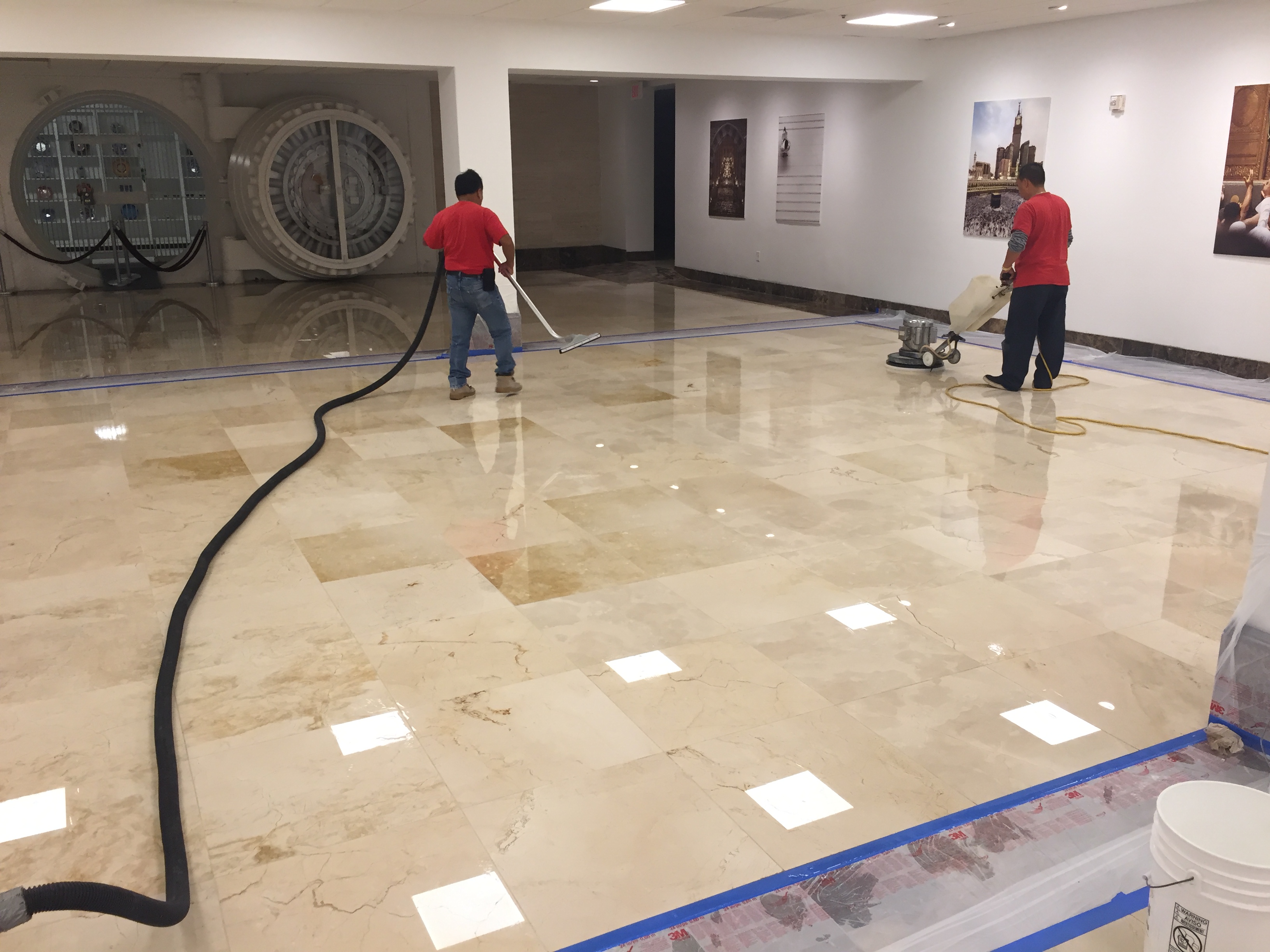Stone surfaces have got long adorned the interiors and outside of our residences, showcasing not simply beauty and also strength. However, as time passes, these types of natural materials may succumb to damage, losing their hold on their owners and integrity. This is when stone restoration is needed. Understanding what natural stone restoration entails will be crucial for property owners who wish to preserve the beauty of marble counters, granite floors, limestone patios, and more.
On this comprehensive guidebook, we will check out the secrets associated with successful stone preservation, examining the benefits of professional recovery services, and snorkeling into essential servicing tips for various types of rock. Whether you usually are considering a DIY approach or choosing for professional aid, you will provide insights on how to effectively recover and keep your stone surfaces, avoiding typical pitfalls along the way. Join all of us even as uncover typically the best practices with regard to keeping your natural stone looking its top and ensure that will these natural gemstones continue to include value to your home for many years to be able to come.
Understanding Stone Restoration and Its Rewards
Natural stone restoration is the process of mending, cleaning, and keeping natural stone floors to restore all of them to their original condition. This encompasses a range of strategies, including polishing, closing, and repairing scuff marks or chips. Over time, natural natural stone can become dull, stained, or damaged due to use and tear, environment factors, and inappropriate maintenance. By learning the intricacies of stone restoration, homeowners can enhance the splendor and longevity involving their stone surfaces.
The benefits of professional stone restoration expand beyond mere looks. Restored surfaces can easily significantly increase typically the value of a property, making it even more appealing to possible buyers. Professional restorers use specialized techniques and equipment of which ensure a thorough and safe restoration method, extending the living of stone surface types. Additionally, regular upkeep and restoration stop further damage, saving homeowners from expensive repairs later on.
Furthermore, natural stone restoration plays a part in the overall health involving indoor environments. Simply by properly cleaning and sealing surfaces, home owners can reduce allergens and improve air quality. It is especially important in homes with natural rock countertops or floor coverings, where stains and even dirt can have bacteria. Purchasing material restoration not simply beautifies your home but additionally promotes a more secure and more welcoming liveable space.

DIY vs. Professional Restoration: Key Factors
Any time it comes to be able to stone restoration, a single of the initial decisions homeowners encounter is actually to tackle the project them selves or hire some sort of professional. DIY restoration can be interesting due to the particular potential cost benefits and the satisfaction of doing the work privately. However, it calls for a solid comprehension of the materials plus techniques involved. In case you have experience with home improvement projects plus are comfortable dealing with tools and cleanup products, taking the DIY route may meet your needs. Yet, it's necessary to consider the particular time investment along with the risk of helping to make costly mistakes.
On the other hand, professional restoration services take expertise, specialized tools, and experience in order to the table. Experts are well-versed inside identifying the variety of stone and even its specific demands, whether it’s a matter of polishing, sealing, or perhaps filling in chips and cracks. They will can give a stage of precision plus quality that may well be difficult to obtain without proper education. Additionally, hiring authorities can save you time and provide you with peace of brain that the repair will be done correctly and safely.
Ultimately, the choice between DIY and professional repair will depend on your convenience level, the difficulty of the task, and the type of stone area you are working with. Assessing the prospective return on investment and typically the longevity of your restoration efforts can assist manual your decision. When the stone in issue is really a valuable function of your property, investing in professional care might be the ideal method to ensure it is preservation and beauty for many years to come.
Strategies and Tricks for Effective Stone Upkeep
Maintaining stone surfaces needs a careful approach to storage and cleaning. Standard dusting and sweeping are essential to prevent dirt accumulation that can lifeless the surface. For basic cleaning, employ a pH-neutral cleanser specifically formulated intended for stone, as chemicals can cause etching and damage. It's also advisable in order to establish a cleansing routine in line with the rock type and usage—more frequent cleaning may possibly be necessary regarding high-traffic areas.
Sealing will be a critical component in maintaining typically the integrity of stone surfaces. visit this site of stone require different sealing methods. For example, granite should be closed everyone to a few years to protect against stains, while limestone might need more visit sealing due to be able to its porous mother nature. Always the actual manufacturer's instructions for that special sealing product plus ensure the area is clean and free of moisture before application to be able to achieve the ideal results.
In addition to be able to regular cleaning and sealing, addressing small damage promptly can easily save time in addition to expense in the long run. Regarding example, addressing compact cracks in granite or chips inside marble can be completed with DIY sets available on the particular market. However, for significant repairs, specially in historic or important stonework, consulting a specialist is advisable to assure suitable restoration and protect the overall cosmetic and structural ethics of the stone.
